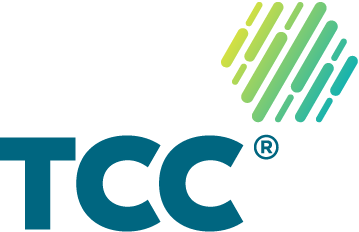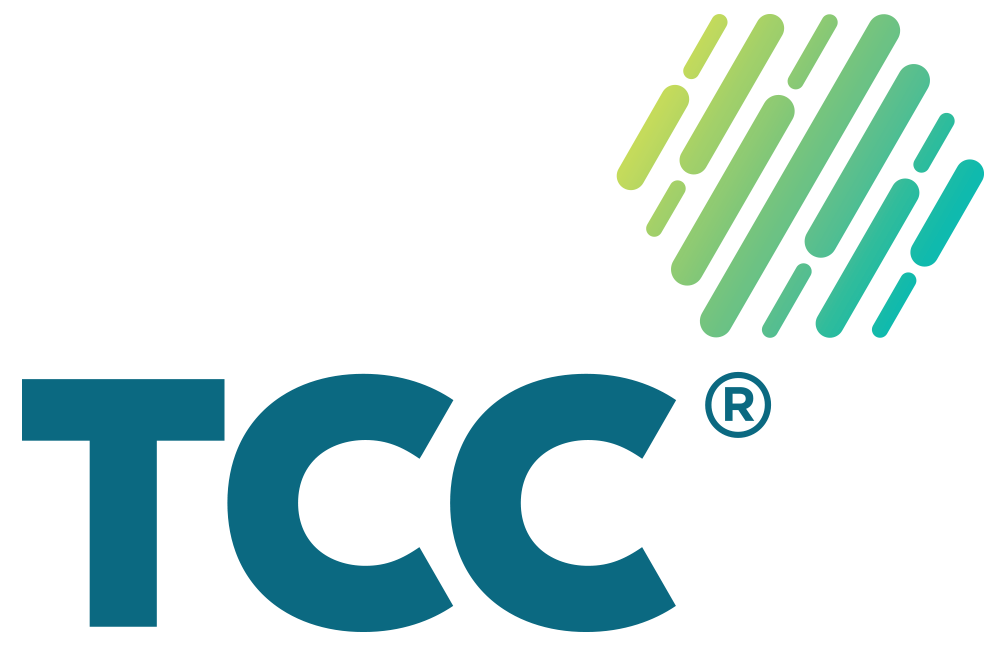Featured Insight
27/03/25
Read more
Subscribe
Get the latest insights and regulatory analysis emailed straight into your inbox.
SubscribeSubscribe
Get the latest insights and regulatory analysis emailed straight into your inbox

